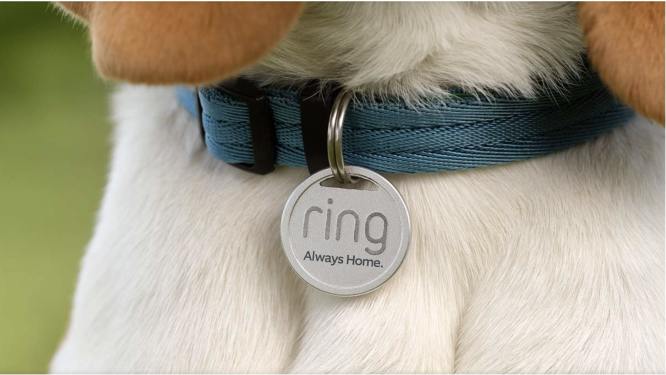Two Turo Users Commit Acts of Violence
A Peer-to-Peer Car-Sharing Platform Faces Scrutiny
In a disturbing turn of events, two individuals rented cars from Turo, a peer-to-peer car-sharing platform, and used them to commit acts of violence. The incidents occurred earlier this week, highlighting the potential risks associated with sharing cars.
The First Incident: A Ford F-150 Lightning in New Orleans
On [date], a military veteran drove a Ford F-150 Lightning into a crowd of people in New Orleans, resulting in at least 15 fatalities. This heinous act has left the community shaken and raised questions about how such a tragedy could occur.
The Second Incident: A Tesla Cybertruck in Las Vegas
In a separate incident, an active-duty Green Beret rented a Tesla Cybertruck from Turo and parked it in front of the Trump International Hotel in Las Vegas. The vehicle was then allegedly blown up by the driver, who subsequently died by suicide. This devastating act has sparked widespread outrage and concern about the safety of peer-to-peer car-sharing platforms.
Turo’s Response
In a statement, Turo’s CEO, Andre Haddad, expressed his outrage and shock at the events that unfolded. He acknowledged that the platform had been misused in this instance and assured users that Turo is working diligently to prevent such incidents from happening again.
"We are outraged by these heinous crimes and are deeply disturbed by how egregiously our platform was abused," Haddad stated. "We are committed to ensuring the safety of all users and will do everything in our power to prevent similar incidents from occurring."
The Challenge of Preventing Misuse
Turo has implemented a proprietary multi-layer, data-science-based trust and safety algorithm called the Turo Risk Score. This algorithm utilizes 50 internal and external data sources to assess potential risks associated with renters. However, it remains unclear what specific measures are taken by Turo to vet users, including whether traditional background checks are conducted.
While some bad actors have managed to evade detection in the past, the two perpetrators of these crimes had valid driver’s licenses and clean criminal backgrounds, according to Haddad. "They could have boarded any plane, checked into any hotel, or rented a car or truck from any traditional vehicle rental chain," he noted.
Lessons Learned
Turo has facilitated over 27 million trips in the past 12 years, with fewer than 0.10% resulting in serious incidents like vehicle theft. Despite this impressive record, Haddad acknowledged that more needs to be done to prevent misuse of the platform.
"We are investing in improving our risk score algorithm and have assembled a team of former law enforcement professionals to help assess future risks," he said. "We’re consulting with national security and counterterrorism experts to learn more about how we can get even better and play our part in helping prevent anything like this from happening ever again."
The Future of Peer-to-Peer Car-Sharing
As the peer-to-peer car-sharing industry continues to grow, concerns about safety and security will only intensify. Turo and other similar platforms must work diligently to address these issues and ensure that users can trust their services.
In light of these incidents, it is essential for Turo to implement more robust measures to prevent misuse, such as:
- Enhanced background checks: Conducting thorough background checks on renters, including traditional credit checks and reviews of driving records.
- Improved risk assessment algorithms: Continuously updating the Turo Risk Score algorithm to incorporate new data sources and improve its accuracy in identifying potential risks.
- Increased collaboration with law enforcement: Working closely with authorities to share information and best practices for preventing misuse.
Conclusion
The recent incidents involving Turo users highlight the need for peer-to-peer car-sharing platforms to prioritize safety and security. By implementing robust measures to prevent misuse, these companies can build trust with their users and ensure that their services remain a safe and convenient option for sharing cars.
However, as the industry continues to evolve, it is essential for regulators and lawmakers to stay vigilant and ensure that peer-to-peer car-sharing platforms adhere to strict safety standards. The future of this industry depends on its ability to balance convenience with safety, and Turo must lead the way in setting a new standard for the sector.
Related Articles




